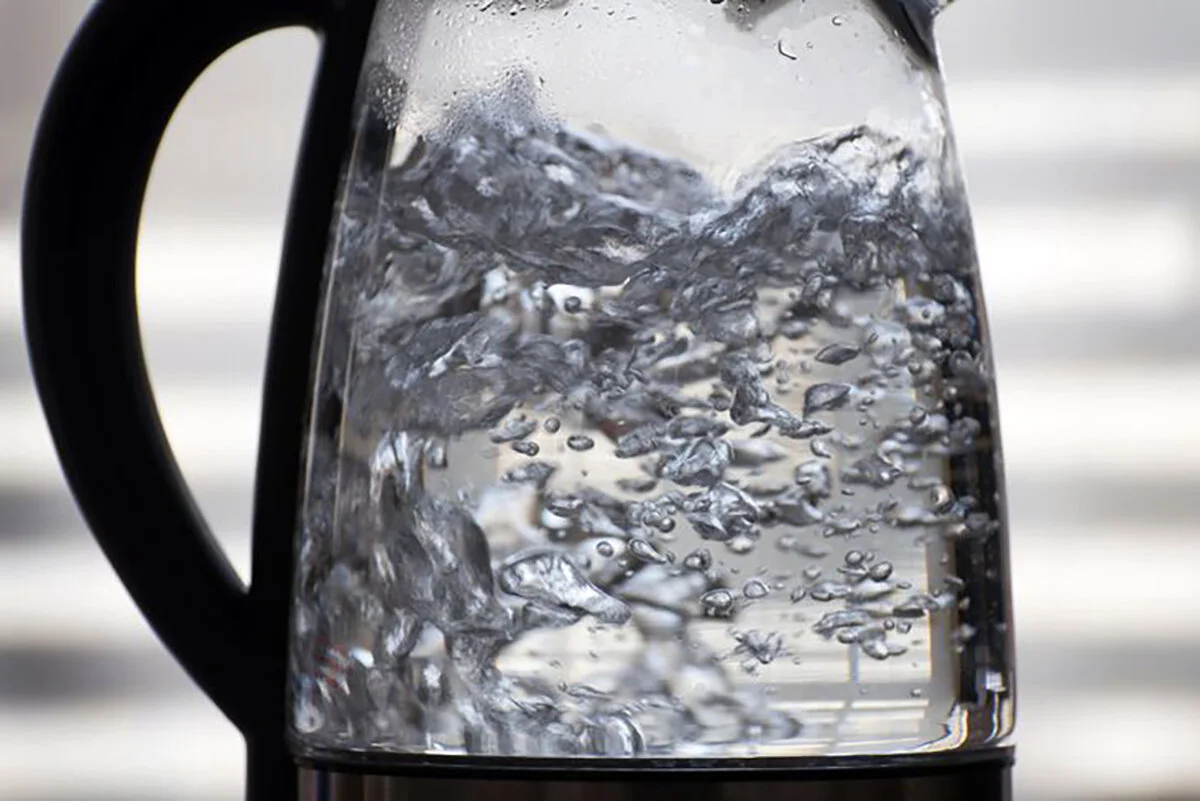This mineral content in hard water creates a scale that can damage your plumbing pipes, fixtures, and water using appliances. In this article, we look at some ways that hard water can affect your home.
Read MoreWe break down the common contaminants that can potentially be found in water: arsenic, bacteria, chlorine, hard water, iron, nitrates, sulfur, total dissolved solids, and toxic chemicals.
Read MoreEnsuring that your ph levels are balanced is important as disease thrives in an acidic environment. Lemon water has a lot of good benefits going for it…but did you know that you can also balance your pH with lemon water?
Read MoreThere are a number of considerations you should make when deciding on a home water dispenser: capacity, ease of use, energy efficiency, temperature and safety features, material its made of, household size, available space to put it, maintenance and associated costs.
Read MoreDid you know that chlorine, which can be found in your shower water, can have all kinds of adverse effects on your health? Here are some of the following dangers you could be facing.
Read MoreIf you’re searching this topic it’s safe to assume you’re worried about the quality of your water. What causes these phenomena and are they something to be concerned about?
Read MoreHow pharmaceuticals get into our water, the risks they represent to our health, and what you can do to fix the problem in your home.
Read MoreTony Robbins recommends following a diet that’s rich in alkaline foods for ultimate health and wellness. One way he suggests this, is to supplement your diet and work on correcting an acidic pH is to drink alkaline water.
Read MoreWe all rely on a supply of water, but is soft water really worth the associated costs required to remove the hardness?
Read MoreCovid-19 dries up the moisture in your throat. What is the importance of hydration, the water that you drink and the humidity in the air around you?
Read MoreWater is not as clean as you may imagine and it is only cleaned to a very basic standard. Many people believe that tap water is safe to drink, but here are three reasons why drinking tap water should be avoided.
Read MoreClean water changes everything. The inspiring story of Charity Water, an organization that brings clean and safe drinking water to people in need around the world, improving health, education, and opportunity—especially for women and children.
Read MoreThe pH of water is a very important measurement concerning water quality. The letters pH stand for the potential of hydrogen and is a measure of the concentration of hydrogen ions in a water-based substance.
Read MoreWe cannot recognize TDS or Total Dissolved Solids in our water with our naked eye. TDS are both organic and inorganic materials that are dissolved into your water supply.
Read MoreIs city water safe, and is the water treatment used effective at removing contaminants? A closer look at how city water is treated and how effective it is for your home.
Read MoreA new investigation by over a hundred journalists from across the country has found that Canadians could be consuming tap water laced with high levels of lead leaching from aging infrastructure and plumbing.
Read MoreWould it surprise you to know drinking water in some Canadian cities contains unsafe levels of lead? Hundreds of thousands of Canadians could be drinking water with dangerous lead levels, a national investigation has found.
Read MoreIt is often believed if you don’t have safe bottled water, you should boil your tap water to kill disease-causing organisms, including viruses, bacteria, and parasites in order to make it safe to drink. But is it?
Read MoreThe original Dolphin manual water pump dispenses fresh, clean water anytime, anywhere! Instructional video on how to use and assemble.
Read MoreDo you have water with a strange taste or odour? These can make the water unpleasant to taste, and in some cases, it may even be a warning that your water is unsafe for drinking.
Read More

















